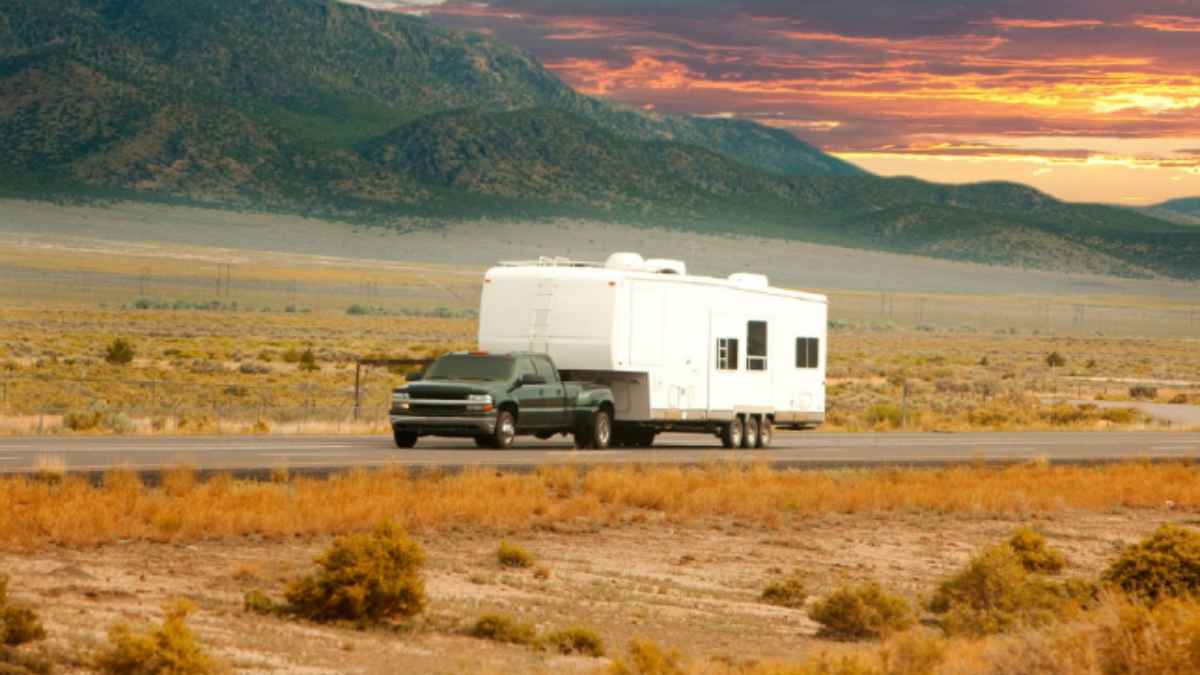Introduction
Understanding travel trailer depreciation is essential whether you’re a current owner, a prospective buyer, or a financial planner advising clients on RV investments. Like any vehicle, travel trailers lose value over time, but several factors influence the rate of depreciation. This guide breaks down how depreciation works, what affects it, and how to slow it down to maximize resale value.
What Is Travel Trailer Depreciation?
Travel trailer depreciation refers to the reduction in the value of a trailer over time due to age, usage, and market demand. Most trailers lose a significant percentage of their value in the first few years, similar to cars and RVs.
Average Depreciation Rate for Travel Trailers
The depreciation rate varies, but on average:
- First Year: A new trailer loses 20%-25% of its value.
- First Five Years: Depreciation slows to around 15% per year.
- After 10 Years: Most trailers retain around 40% of their original value if well maintained.
Factors Affecting Travel Trailer Depreciation
1. Brand and Model
Popular and well-built brands like Airstream and Grand Design tend to retain value better than lesser-known manufacturers.
2. Initial Purchase Price
Higher-end trailers often depreciate slower than budget models due to better materials and craftsmanship.
3. Condition and Maintenance
Regular maintenance, including roof sealing, tire replacement, and interior upkeep, can slow depreciation.
4. Mileage and Usage
The more a trailer is used, the faster it depreciates. Frequent travel can lead to wear and tear that reduces resale value.
5. Market Demand
Economic conditions and consumer trends affect resale prices. For example, increased demand for RV travel can slow depreciation.
6. Upgrades and Modifications
Upgrades like solar panels, lithium batteries, and high-end appliances can increase resale value, while excessive modifications may limit buyer interest.
How to Minimize Depreciation
1. Buy a Gently Used Trailer
A trailer that is 2-3 years old has already taken the biggest depreciation hit, making it a smart purchase.
2. Proper Storage
Keeping your trailer covered or in a garage protects it from weather damage, slowing depreciation.
3. Regular Maintenance
- Inspect and seal the roof yearly.
- Service the brakes and axles.
- Keep the interior clean and well-maintained.
4. Limit Mileage and Heavy Usage
Using a trailer for occasional trips instead of full-time living can maintain its value longer.
5. Resale Timing
Selling during peak seasons (spring and summer) can result in better resale prices.
Best Travel Trailers for Resale Value
Some models hold their value better than others. Airstream, Lance, and Grand Design trailers are known for their long-term durability and high resale value.
Selling Your Travel Trailer: Maximizing Value
When it’s time to sell, consider the following:
- Professional Cleaning: A well-presented trailer attracts higher offers.
- Detailed Maintenance Records: Proving regular maintenance increases buyer confidence.
- Competitive Pricing: Research market prices and set a competitive yet fair price.
Conclusion
Travel trailer depreciation is inevitable, but understanding the factors influencing value loss can help you make informed buying, maintenance, and selling decisions. By choosing the right trailer, maintaining it well, and selling at the right time, you can maximize your investment and enjoy years of travel without significant financial loss.
FAQs
1. How much do travel trailers depreciate each year?
Most trailers lose 15%-20% in the first year and about 10%-15% annually over the next five years.
2. Which travel trailers hold their value best?
Brands like Airstream, Lance, and Grand Design typically have the slowest depreciation rates.
3. How can I check my travel trailer’s current value?
Use online tools like NADA Guides, Kelley Blue Book, or RVTrader to estimate market value.
4. Is it better to buy new or used to avoid depreciation?
Buying a trailer that is 2-3 years old allows you to avoid the steepest depreciation hit while still getting a reliable unit.
5. Do modifications affect depreciation?
Upgrades like solar power and lithium batteries can add value, while excessive custom modifications might reduce appeal.
6. When is the best time to sell a travel trailer?
Spring and summer are peak RV seasons, leading to higher demand and better resale prices.
7. Does storage affect depreciation?
Yes, indoor or covered storage protects against weather damage, preserving the trailer’s value.
8. What’s the fastest way to sell a travel trailer?
List it on RVTrader, Craigslist, Facebook Marketplace, and local dealerships for maximum exposure.
